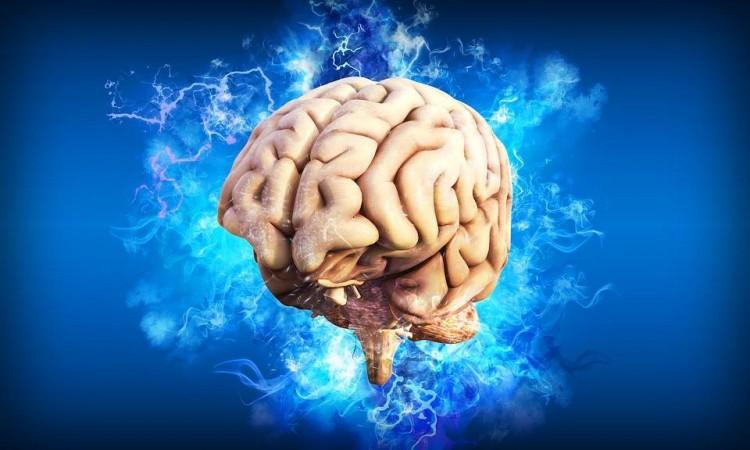A newly developed brain scanner powered by artificial intelligence (AI) has created history in the world of medical science, as it allowed a paralyzed man to speak after 18 years. Funded by Facebook, this new brain scanner helped the paralyzed man to type words on a screen by just thinking them.
Man speaks after 18 years
The volunteer, now only by the name Pancho lost his ability to speak after suffering a stroke in 2003 due to a car crash. The first recognizable sentence produced by Pancho using the device was ''My family is outside.''

During the study, researchers at the University of California implanted electrodes in the brains of Pancho, and it helped to transmit his brain signals to a computer, thus framing his first sentence to the world after 18 years.
AI brain scanner could revolutionize modern medical science
University of California researchers claim that this new AI-powered brain scanner could help transform the lives of people who could not speak.
"This is the first time someone just naturally trying to say words could be decoded into words just from brain activity. Hopefully, this is the proof of principle for direct speech control of a communication device, using intended attempted speech as the control signal by someone who cannot speak, who is paralyzed," said David Moses, lead author of the study.
The machine-learning algorithm developed by these researchers is capable of recognizing 50 words, and it can be converted to sentences in real-time.
"We decoded sentences from the participant's cortical activity in real-time at a median rate of 15.2 words per minute, with a median word error rate of 25.6 percent. In post hoc analyses, we detected 98 percent of the attempts by the participant to produce individual words, and we classified words with 47.1 percent accuracy using cortical signals that were stable throughout the 81-week study period," said the researchers in the study report.
A few weeks back, Elon Musk's Neuralink had successfully demonstrated the gaming skills of a hybrid monkey whose brain is implanted with two very small computer chips. These chips helped the monkey to play a game of digital Ping Pong using its mind.

















